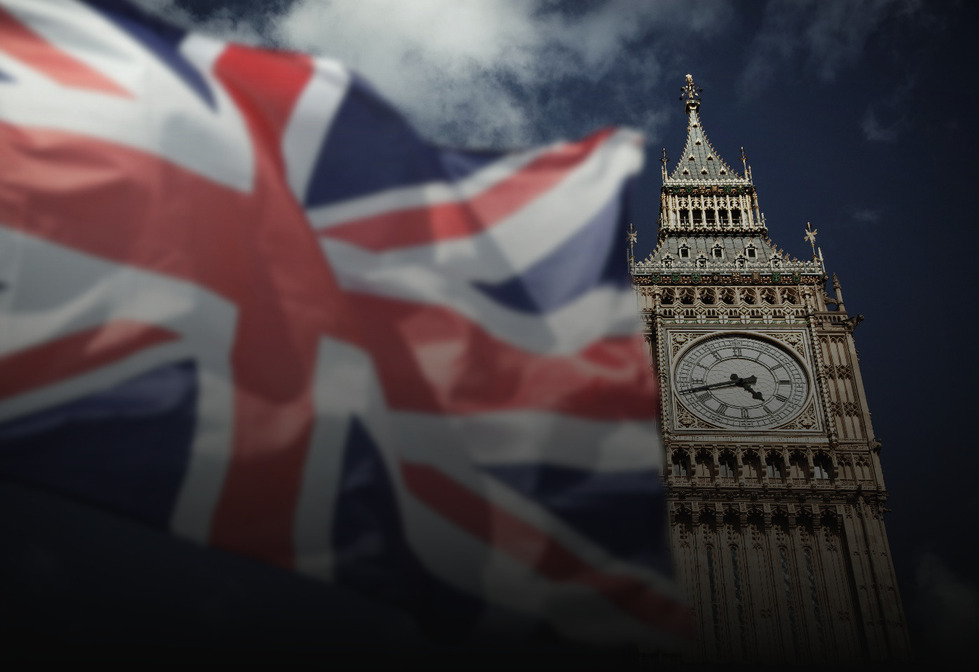Hunting Trophy Ban Would Undermine UK’s International Commitments
SUGGESTED


IEA research referenced in ConservativeHome

IEA research featured in The Spectator
Francis wrote:
“Trophy hunting, when properly managed, supports wildlife conservation. It generates revenue for habitat protection and anti-poaching efforts, makes people want to protect wildlife and supports local communities. In fact, most trophies are imported from countries with stable populations of hunted species, including South Africa, Namibia, and Zambia.
“It is condescending for rich British activists to tell African countries how they are meant to manage conservation and development. As Shylock Muyengwa, of communities charity Resource Africa, has said: ‘Colonialism is over – yet British politicians still forget to respect the will of African communities. We should be viewed as partners in conservation, not as British subjects that are forced to adhere to policies that please the British public who don’t have to live alongside elephants, lions or other dangerous animals’.
“A multilateral agreement is already in place to judge whether species are threatened and, if they are, to put measures in place to mitigate this threat. The UK has been a party to the Convention on International Trade in Endangered Species of Wild Fauna and Flora (CITES) since its launch in 1976. Endangered animals require special export permits, strict assessments that the trade is not detrimental to their survival, and proof of legal purchase. With more than 180 countries participating, this convention is a widely accepted international initiative.”
Read Francis’ full piece here.
You can also read a full copy of Elephant in the Room: Why a trophy hunting ban would hurt conservation and development.



